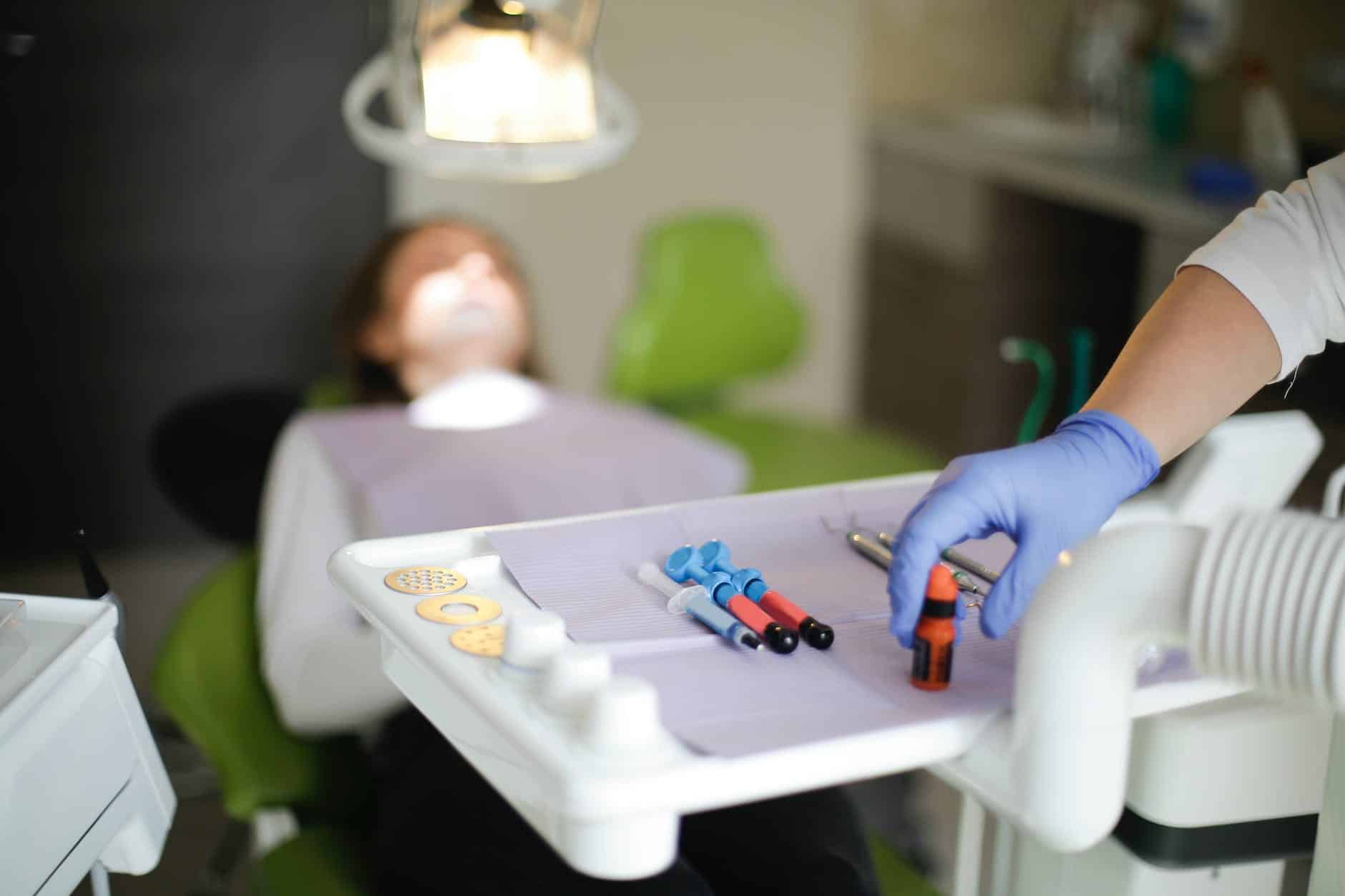Introduction
Oral surgery, while often necessary for maintaining and improving oral health, can be a source of anxiety and uncertainty for many individuals. This article aims to demystify the world of oral surgery by providing a comprehensive guide on what to expect and how to prepare for these procedures. Dr. Mark Austin will explore the various aspects of oral surgery, from initial consultations to recovery, to help you approach the experience with confidence.
Understanding the Different Procedures
Oral surgery encompasses a wide range of procedures, each with its unique purposes and outcomes. In this section, we’ll unveil the various types of oral surgery, explaining their significance and when they are typically recommended.
- Tooth Extractions: The most common oral surgical procedure, tooth extractions are often performed to address issues like impacted wisdom teeth, severe decay, or overcrowding.
- Dental Implants: Dental implants are used to replace missing teeth, restoring both function and aesthetics. Understanding this procedure is vital for individuals seeking a permanent tooth replacement.
The Consultation Process
Before any oral surgery, a consultation with an oral surgeon is essential. This section will outline what happens during this critical phase, from discussing your medical history to understanding the treatment plan.
- Medical History Review: Your oral surgeon will need to review your medical history, medications, and any pre-existing conditions to ensure the procedure is safe and tailored to your needs.
- Treatment Plan Discussion: During the consultation, the surgeon will explain the recommended procedure, expected outcomes, and potential risks. This is your opportunity to ask questions and address any concerns.
Preparing for Surgery
Preparation is a key element in ensuring a successful oral surgery experience. This section will guide you through the steps you should take before the surgery day arrives.
- Fasting Instructions: Most oral surgeries require you to fast for a specific period before the procedure. We will detail these instructions to ensure you’re well-prepared.
- Transportation and Aftercare: Depending on the type of anesthesia used, you may need someone to drive you to and from the surgery. We’ll discuss the importance of arranging for transportation and having someone available for post-surgery care.
The Surgery Day
Understanding what to expect on the day of your oral surgery can help ease anxiety and ensure a smooth process. This section will provide insights into the surgery day timeline and what you can anticipate.
- Anesthesia Options: Depending on the complexity of the procedure and your comfort level, you may have different anesthesia options. We’ll explore these choices and their implications.
- Recovery Room: After the surgery, you’ll spend time in the recovery room. We’ll explain what happens during this period and how you can manage any post-surgery discomfort.
Recovery and Aftercare
A successful recovery is essential to the overall success of your oral surgery. This section will detail the post-surgery period, offering tips on pain management, dietary restrictions, and follow-up appointments.
- Pain Management: We’ll provide insights into managing post-surgery pain and discomfort, discussing over-the-counter and prescribed medications as needed.
- Dietary Guidelines: Proper nutrition is crucial for healing. We’ll outline dietary recommendations, including soft food options, to support your recovery.
Conclusion
In conclusion, oral surgery need not be shrouded in uncertainty and anxiety. By understanding the various procedures, the consultation process, and the necessary preparation, you can approach oral surgery with confidence. Knowing what to expect on the surgery day and how to manage your recovery can significantly contribute to a smooth and successful experience. Oral surgery is a critical component of oral health care, and with the right knowledge and preparation, you can ensure the best possible outcome.
